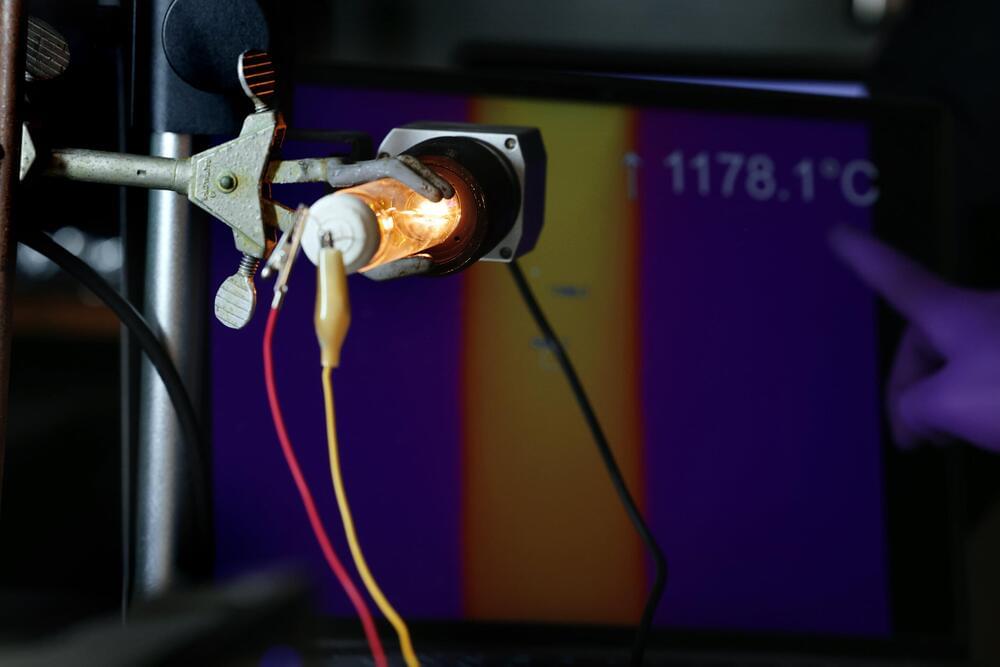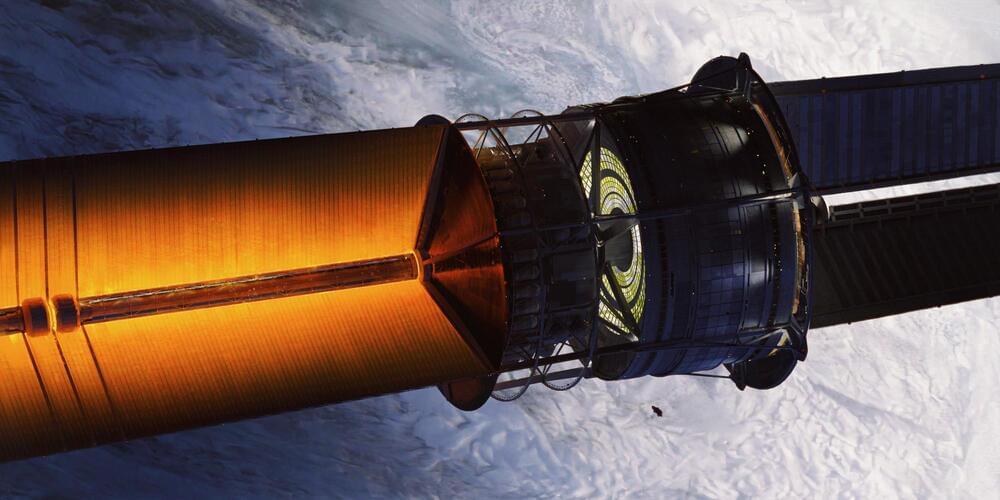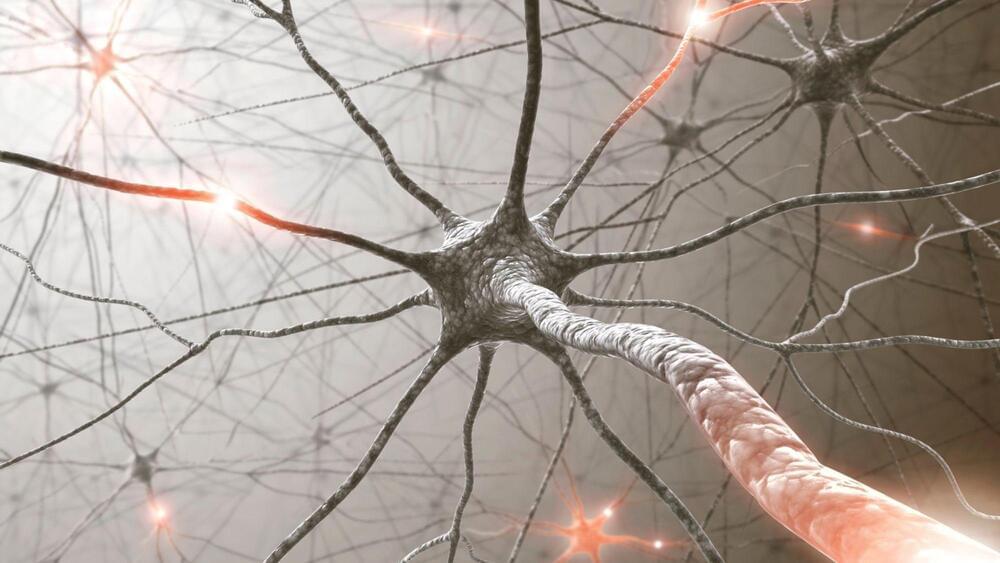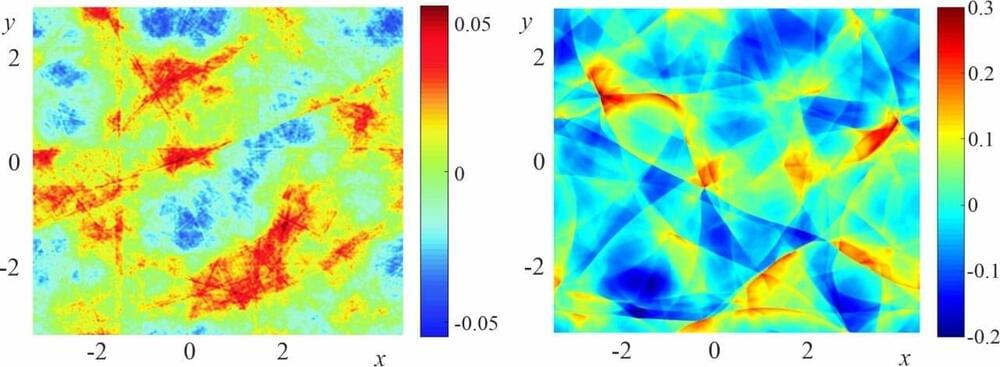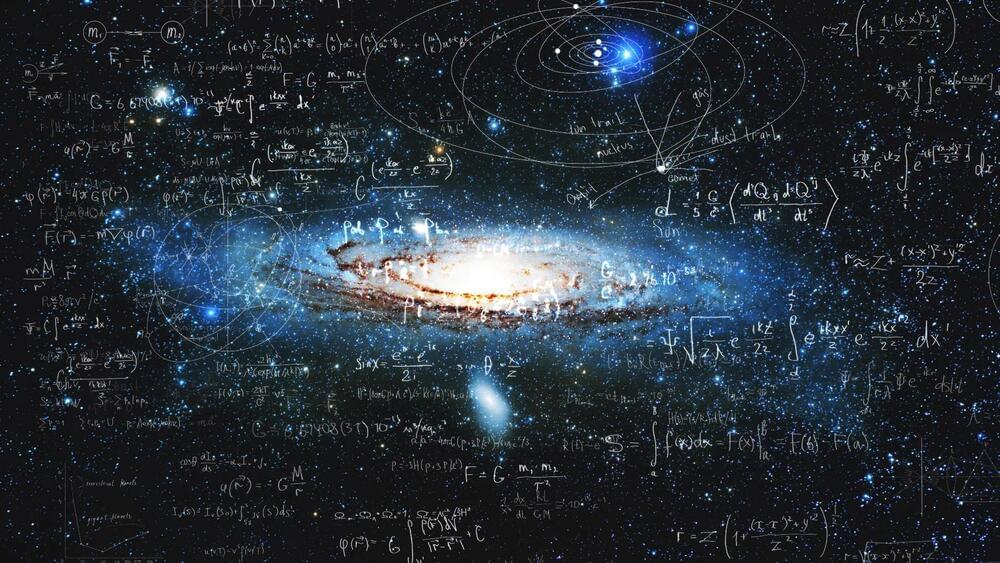Vector Institute’s Remarkable 2024 | Geoffrey Hinton — Will Digital Intelligence Replace Biological Intelligence?
In this profound keynote, Vector co-founder Geoffrey Hinton explores the philosophical implications of artificial intelligence and its potential to surpass human intelligence. Drawing from decades of expertise, Hinton shares his growing concerns about AI’s existential risks while examining fundamental questions about consciousness, understanding, and the nature of intelligence itself.
Geoffrey Hinton is one of the founding fathers of deep learning and artificial neural networks. He was a Vice President and Engineering Fellow at Google until 2023 and is Professor Emeritus at the University of Toronto. In 2024 Hinton was awarded the Nobel Prize in Physics.
Key Topics Covered:
• The distinction between digital and analog computation in AI
• Understanding consciousness and subjective experience in AI systems.
• Evolution of language models and their capabilities.
• Existential risks and challenges of AI development.
Timeline:
00:00 — Introduction.
03:35 — Digital vs. Analog Computation.
14:55 — Large Language Models and Understanding.
27:15 — Super Intelligence and Control.
34:15 — Consciousness and Subjective Experience.
41:35 — Q\&A Session.
Remarkable 2025 is coming, subscribe to our newsletter.
